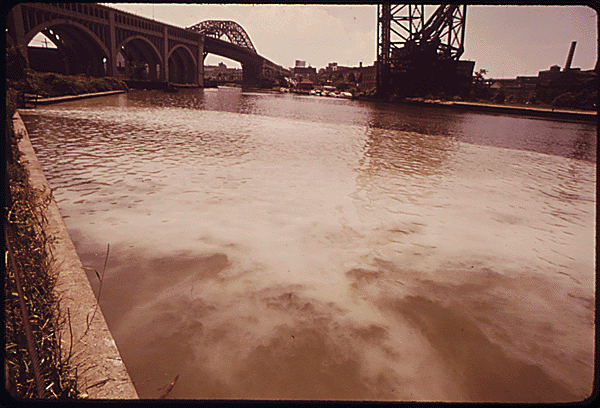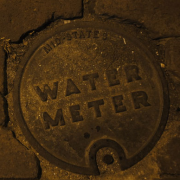The Stream, February 17: Water + Climate
Climate change made the floods that inundated England and Wales in 2000 between two and three times more likely to happen, according to a new study that promises to break ground in climate science, the Guardian reports. The findings suggest that experts can now not only trace the role of climate change in causing weather extremes, but also directly forge a link between man-made global warming and specific events. Even though it took the researchers several thousand computers to simulate the 2000 weather and reach a conclusion, it doesn’t take much to realize that climate change manifests itself most visibly through water.
And here are two articles on China’s numerous water problems. Reuters looks at the highs and lows of China’s urban supply infrastructure and its financing, while this column for Nature News details the water governance challenges that plague the system.
Scarce fresh water, diminishing energy reserves and growing population are stirring up a “triple crisis” for the Arab world. How would these forces affect the revenues of the oil states and their ability to survive? European Voice analyzes the worst-case scenario.
A few of the world’s last remaining tropical glaciers could be gone within the next four years, new studies show. The number of glaciers on Mexico’s dormant volcano Iztaccihuatl has dwindled from five to three, and the thickest has shrunk from 90 meters deep to just 10 meters.
Belgium, the Czech Republic and Estonia are under pressure from the European Commission after failing to meet environmental standards for wetland preservation and surface water quality, Euractiv reports. The three European Union member states have not passed into law a mandatory water quality directive and might be referred to the European Court of Justice, the body that judges on matters of EU law.
The Stream is a daily digest spotting global water trends. To get more water news, follow Circle of Blue on Twitter and sign up for our newsletter.
, a Bulgaria native, is a Chicago-based reporter for Circle of Blue. She co-writes The Stream, a daily digest of international water news trends.
Interests: Europe, China, Environmental Policy, International Security.






Leave a Reply
Want to join the discussion?Feel free to contribute!